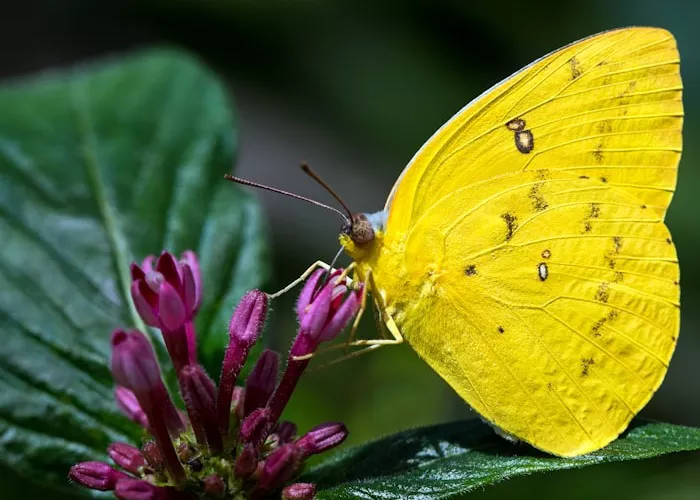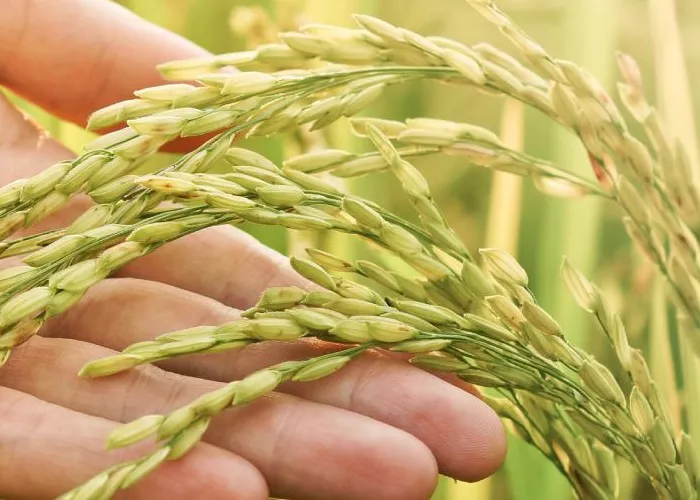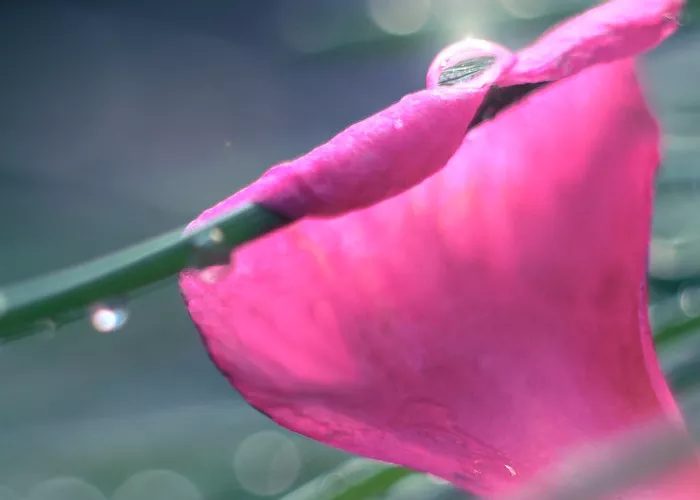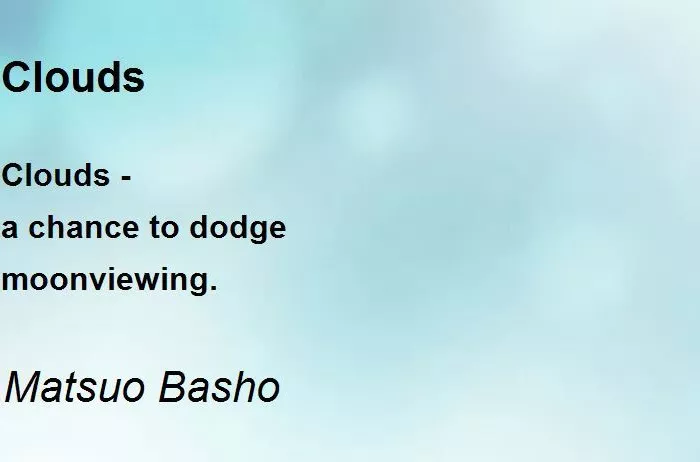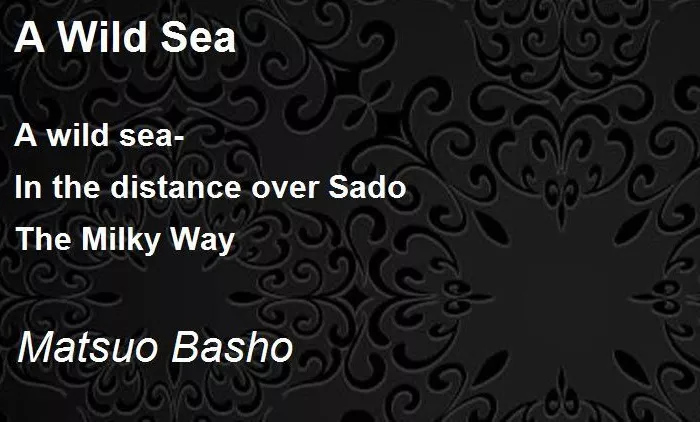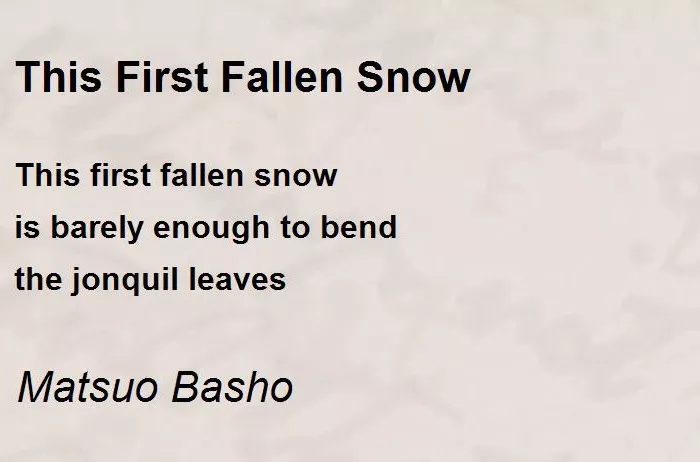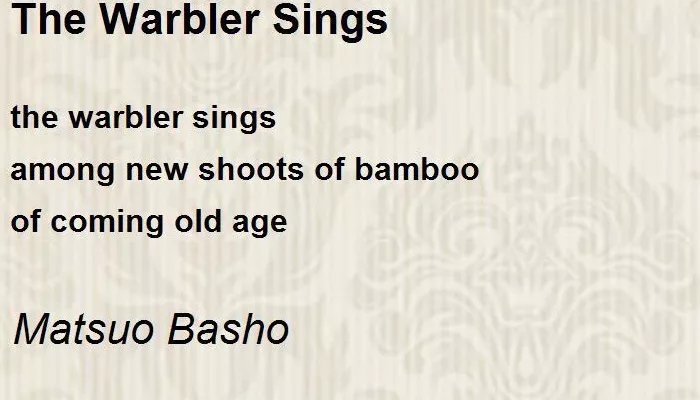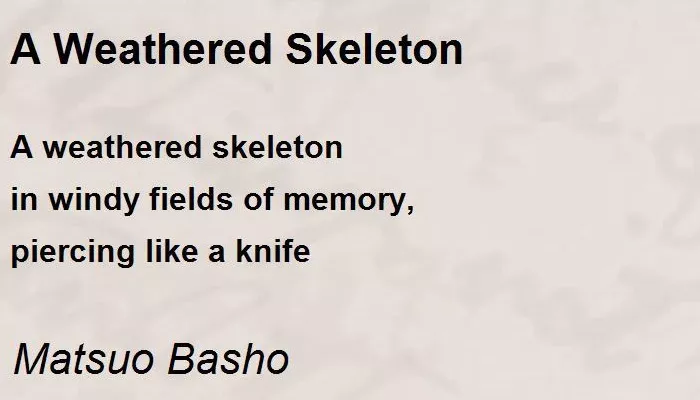Famous Japanese Poems
The Old Pond
by Matsuo BashōOriginal (Haiku): 古池や 蛙飛び込む 水の音 Romaji: Furu ike ya Kawazu tobikomu Mizu no oto Translation: An old pond— A frog jumps in, The sound of water.
A Garden
by Yosano AkikoOriginal: 私の庭に、 春の花咲く。 笑い声の中で、 美しき夢が、 ふわりと舞い上がる。 Romaji: Watashi no niwa ni, Haru no hana saku. Waraigoe no naka de, Utsukushiki yume ga, Fuwari to maiagaru. Translation: In my garden, Spring flowers bloom. Amidst laughter, A beautiful dream Flutters up gently.
Lighting One Candle
by Yosa BusonThe light of a candle Is transferred to another candle— Spring twilight.
Listening to the moon
by Yosa BusonListening to the moon, gazing at the croaking of frogs in a field of ripe rice.
Famous Japanese poets
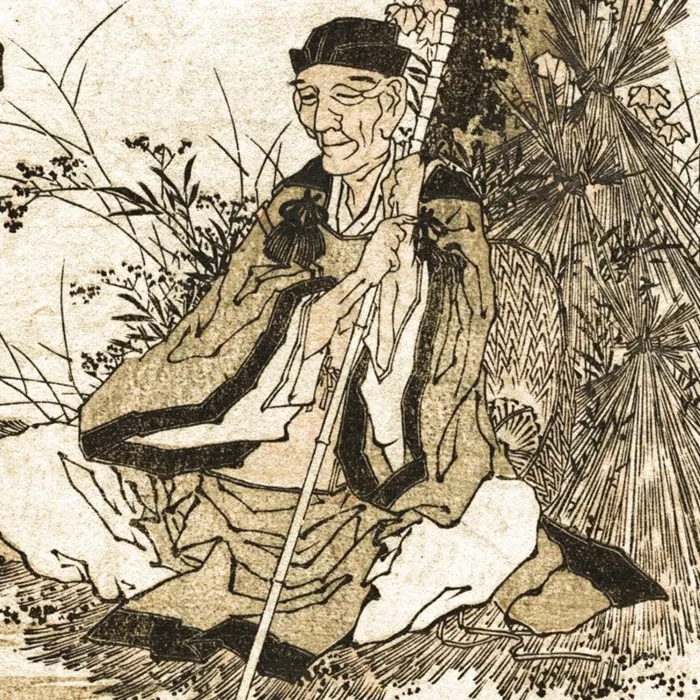
Matsuo Bashō
Matsuo Bashō (1644–1694) is Japan’s most famous haiku poet, celebrated for his profound simplicity and mastery of the form. His works, such as The Narrow Road to the Deep North, capture nature’s fleeting beauty and human emotions. Bashō’s haiku revolutionized Japanese literature, intertwining Zen philosophy with poetic expression, influencing generations of poets and solidifying haiku as a major art form.
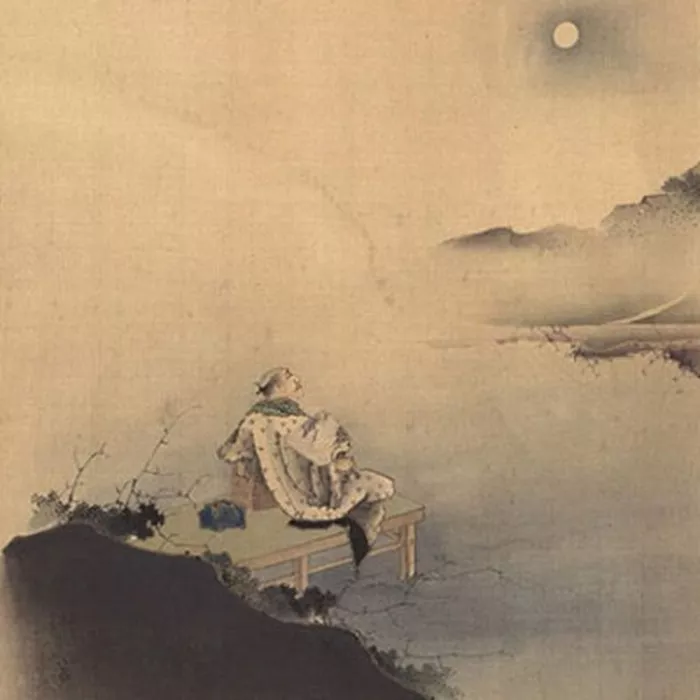
Mizuta Masahide
Mizuta Masahide (1657–1723) was a Japanese samurai and poet, closely associated with Matsuo Bashō. His haiku often conveyed philosophical depth and emotional restraint, focusing on nature and personal experiences. One of his most famous haiku, “My house burned down—now I can see the moon,” reflects his contemplative and Zen-influenced style. Masahide’s work remains admired for its wisdom and simplicity.
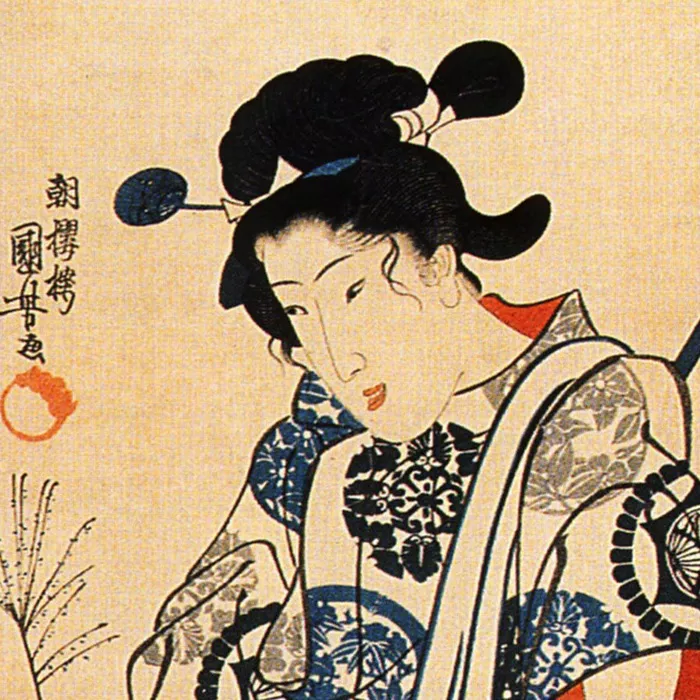
Fukuda Chiyo-ni
Fukuda Chiyo-ni (1703–1775) was a pioneering Japanese female haiku poet renowned for her delicate and expressive verse. Her haiku, often centered on nature and daily life, display a remarkable sensitivity and depth. Chiyo-ni’s work not only reflects her personal experiences but also highlights her role in expanding the reach and acceptance of female poets in 18th-century Japan.
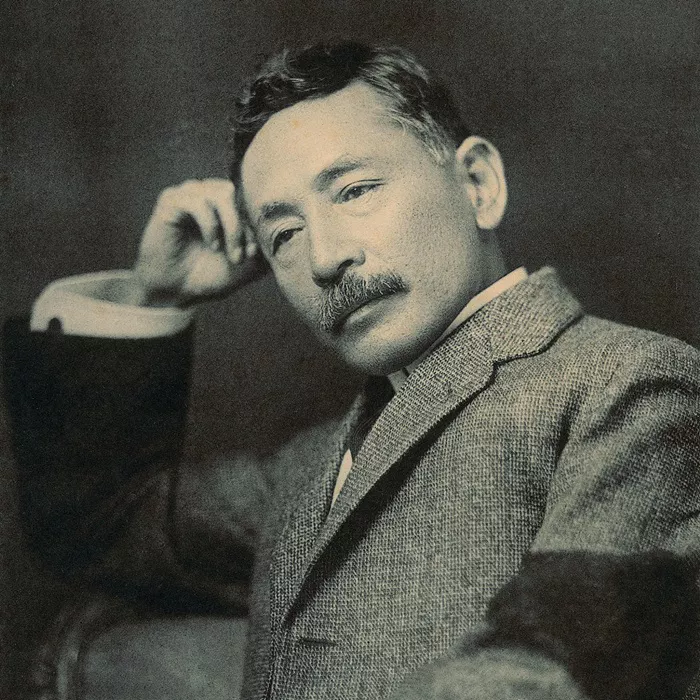
Natsume Sōseki
Natsume Sōseki (1867–1916) was a leading Japanese novelist and poet whose works are central to modern Japanese literature. Known for his novels and poetry, Sōseki explored themes of identity, existentialism, and societal change. His innovative narrative techniques and psychological depth reflect the cultural shifts of the Meiji era, establishing him as a pivotal figure in Japanese literary history.
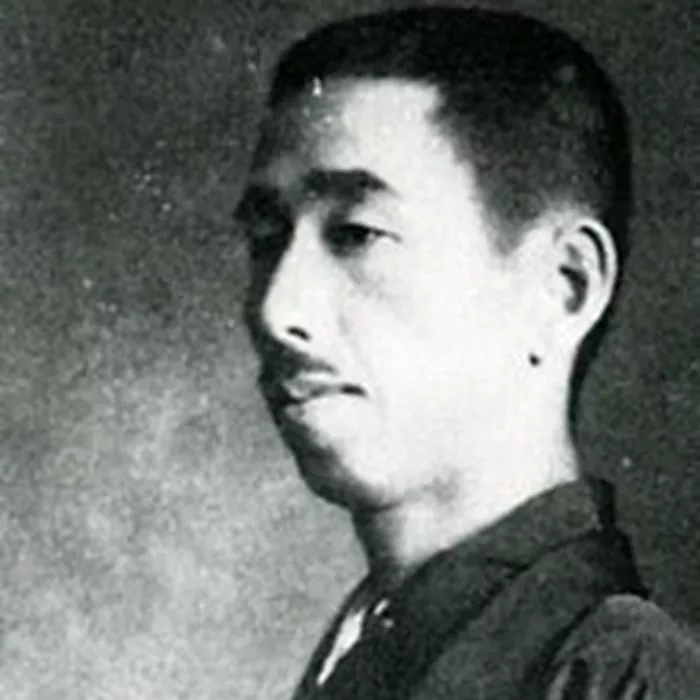
Kinoshita Rigen
Kinoshita Rigen (1886–1925) was a notable Japanese poet and translator known for his contributions to early 20th-century literature. His poetry, characterized by its refined sensibility and emotional depth, often explored themes of nature and human experience. Rigen’s work reflected a deep engagement with both traditional Japanese forms and contemporary literary movements, influencing the poetic landscape of his time.
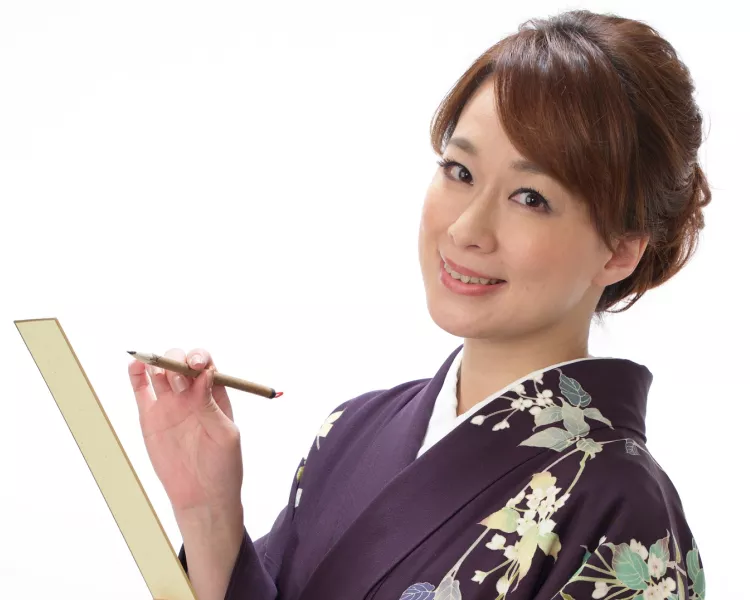
Rie Yasumi
Rie Yasumi (1972–) is a contemporary Japanese poet recognized for her evocative and introspective poetry. Her work often delves into themes of personal experience, nature, and social observation, marked by its lyrical quality and emotional depth. Yasumi’s poetry contributes to the modern Japanese literary scene with its unique voice and thoughtful exploration of contemporary issues.

